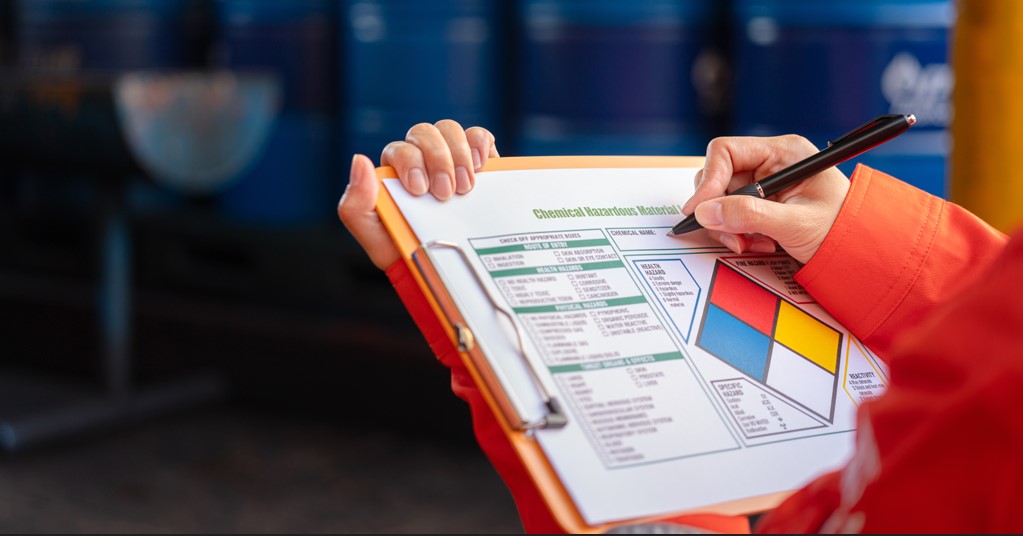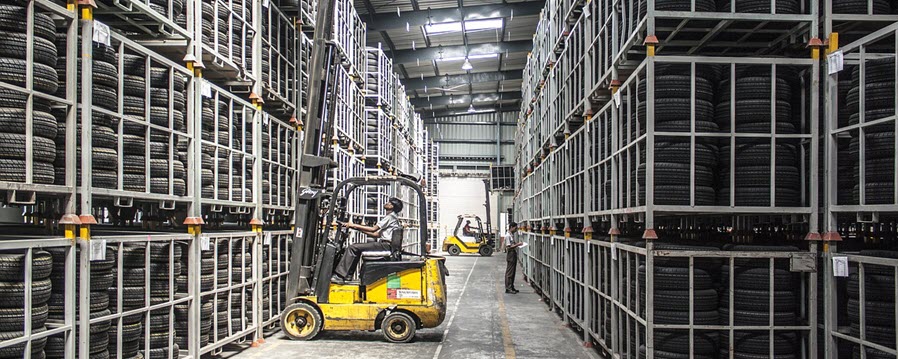
How to Maintain Forklifts in Every Season

There’s no denying that malfunctioning equipment can be both dangerous and inconvenient. This point goes for everything from tools to machines — and in regards to forklifts, specifically, workers need to take steps to ensure they operate correctly through each season. Here’s how to maintain forklifts during the year.
1. Conduct a Daily Check
It’s always crucial to conduct a daily once-over. There shouldn’t be even one day when workers don’t check the forklifts. OSHA requires such maintenance checks, so workers should incorporate them into their routines. Be sure to provide a checklist, which covers points like:
- Seat belts
- Fluid levels
- Overhead guards
- Oil levels
Anyone who intends to operate a forklift must complete the checklist beforehand. Then, provide warning signs and traffic markings where the forklift will be operated. This will help operators safely carry out their work and prevent unwanted accidents in the warehouse.
2. Adhere to a Maintenance Schedule
Manufacturers include maintenance recommendations with equipment. It’s key to have a licensed mechanic inspect the forklifts after they reach a particular usage amount. This time period might be after several months or hours. It depends on the model.
Don’t ignore scheduled repairs for all needed equipment. These services ensure forklifts and their attachments maintain value and reduce downtime throughout their lifespan. Most equipment distributors offer scheduled maintenance and may even supply loaner equipment to reduce downtime during refurbishment periods.
3. Keep Temperatures in Mind
It’s important not to forget seasonal changes, even though the weather can be unpredictable. Therefore, site managers should take certain precautions as temperatures shift.
Take winter as an example. This time of year often means workers have to store forklifts indoors, so they should remove and store all attachments to avoid damage from the cold.
Keep regional weather trends in mind as months come and go. Data should help site managers ready themselves for especially warm or cold days, as well as events like severe storms. Then, they should be able to adjust maintenance procedures accordingly.
4. Don’t Forget About Tires
There needs to be a particular emphasis placed on the forklifts’ tires. These parts tend to deteriorate quickly, especially with daily use. Therefore, workers should ensure no tire is cracked, leaking, or deflated.
It’s necessary, as stated by OSHA, to remove forklifts from service when they don’t have suitable tires. Those who practice proper and regular care for the tires won’t have to handle tire issues as frequently.
Complete a pressure check to ensure each tire works properly. Remember to look for issues with tire tread, too. It helps to keep spare tires and tools handy so workers can make adjustments when needed.
5. Handle Emergencies Immediately
Never ignore repairs when they pop up. There might be sudden problems that surface, even when site managers conduct daily checks and schedule maintenance inspections. These issues could be a sudden coolant leak that turns into a larger problem when left unaddressed.
Tackle emergency fixes as promptly as possible. This urgency will help site managers avoid costly mistakes down the road and keep workers safe on the job. It’s much better to take five minutes to make a repair now than have to deal with an inoperable forklift later.
6. Remember to Keep Things Clean
Remember to clean forklifts roughly every week. This equipment can become extremely dirty, so site managers need to prioritize cleanliness to ensure everything works. Elements like dusty filters will hinder the forklifts’ operational ability.
Therefore, workers should leave enough time to clean everything. Be sure to wipe down debris and grime on the forklifts. It’s also smart to clear out blocked radiators to address interior maintenance. These steps should ensure forklifts don’t endure much damage.
Use These Tips on How to Maintain Forklifts to Ensure Yours Stay Safe and Operational
This equipment plays a crucial role in construction projects. Therefore, workers need to practice proper maintenance techniques throughout the year. These steps will ensure everyone stays safe and productive.
About the Author:
Evelyn Long is the editor-in-chief of Renovated, a web magazine for real estate and construction professionals.

